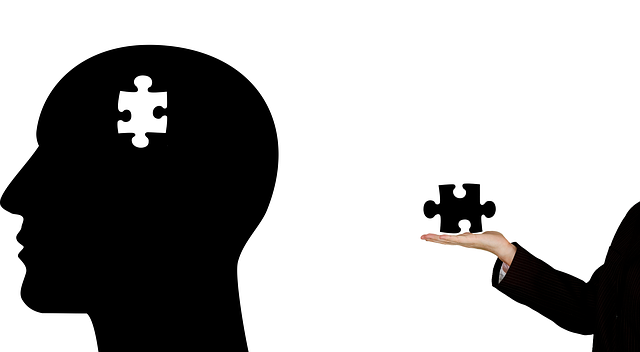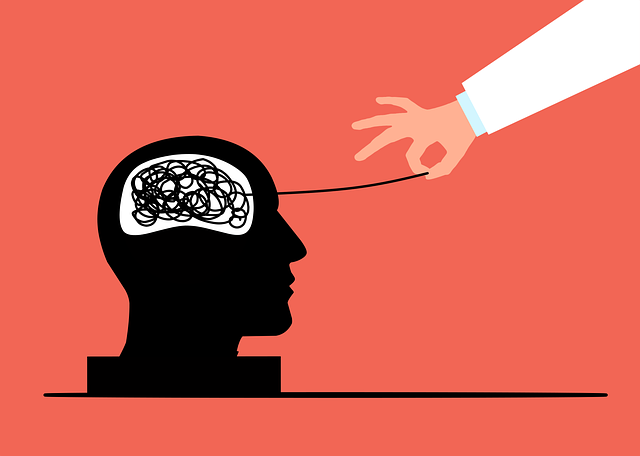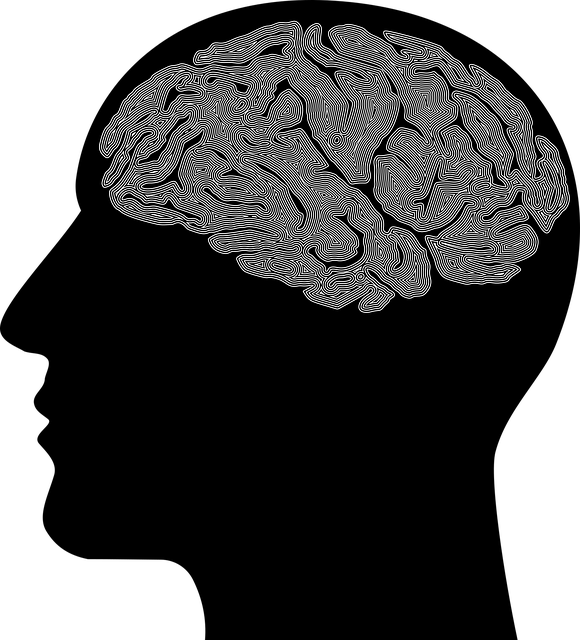Loss, grief, and bereavement significantly impact individuals, with elders requiring specialized therapy to navigate these challenges. A culturally sensitive approach ensures tailored support for unique needs, empowering them to manage moods and foster healthy communication. This process addresses issues like loneliness through individual or couple therapy, aiding in emotional processing, adaptation, and mental wellness recovery. Moreover, it strengthens relationships between elder couples by providing a safe space for open expression of grief-related emotions, enhancing intimacy and resilience during adversity.
Loss, grief, and bereavement counseling are essential aspects of healing after a significant loss. This article explores these topics with a sensitive approach, guiding readers through the complex emotions that arise. We delve into specific areas such as understanding loss and grief, providing therapy for elders to navigate their healing process, and addressing communication issues within couples during times of loss, fostering resilience together. By addressing these critical aspects, individuals can find support and move towards emotional well-being.
- Understanding Loss, Grief, and Bereavement: A Sensitive Approach
- Therapy for Elders: Navigating the Healing Process
- Couples Communication Issues in Times of Loss: Building Resilience Together
Understanding Loss, Grief, and Bereavement: A Sensitive Approach

Loss, grief, and bereavement are deeply personal experiences that vary widely from one individual to another. Understanding these complex emotions involves recognizing that loss can result from various forms—including the death of a loved one, significant life changes, or even unexpected situations. Grief is the emotional response to loss, characterized by a range of feelings such as sadness, anger, and loneliness. Bereavement refers to the period of adjustment following a significant loss.
A sensitive approach to counseling involves recognizing cultural sensitivity in mental healthcare practice, ensuring that elders receive therapy tailored to their unique needs. Mind over matter principles can empower individuals to manage their moods effectively during this challenging time. By addressing communication issues within couples or families, counselors can facilitate open dialogues and support one another in navigating the complexities of loss, grief, and bereavement.
Therapy for Elders: Navigating the Healing Process

For elders experiencing loss, grief, and bereavement, specialized therapy can be a lifeline. As age often brings complex emotional landscapes and potentially isolating circumstances, tailored support is vital for navigating the healing process. Elderly individuals may face challenges in expressing their feelings, particularly when cultural norms or personal pride discourage open discussion of vulnerability.
Therapy for elders focuses on fostering healthy communication, both with themselves and their loved ones. It encourages the exploration of emotions, memories, and the unique impact of loss, addressing specific issues like loneliness, isolation, or trauma. Through individual sessions or coupled with partner therapy to improve communication, this support enables seniors to process grief, adapt to change, and rediscover a sense of purpose and mental wellness. This holistic approach, enhanced by considerations of cultural sensitivity in mental healthcare practice, can be pivotal in helping elders find healing and meaning during difficult times.
Couples Communication Issues in Times of Loss: Building Resilience Together

In times of loss, couples often face unique communication challenges that can strain their relationship. Grief and bereavement can trigger a myriad of emotions—sadness, anger, guilt, and fear—which, if not addressed effectively, may lead to misunderstandings and growing distances between partners. Therapy for elders couples facing such issues is invaluable. It provides a safe space to express these feelings openly, fostering understanding and empathy. Through therapy, partners can learn coping skills development techniques to manage their emotions healthily, ensuring they remain connected during this difficult period.
Building resilience together is a crucial aspect of navigating loss as a couple. Therapy sessions can teach effective communication strategies tailored to each partner’s needs, helping them express themselves honestly without causing harm. By addressing communication issues head-on, couples can enhance their emotional intimacy and strengthen their bond, ultimately promoting resilience building in the face of adversity. This process allows them to support each other through grief while finding new ways to connect and share their experiences.
Grief and bereavement counseling plays a pivotal role in helping individuals and couples navigate complex emotions post-loss. Whether focusing on understanding grief, providing therapy for elders, or addressing communication issues within couples, specialized support is essential. By delving into these sensitive topics, we recognize the unique challenges each stage presents. Through tailored strategies, counseling empowers those affected to heal, build resilience, and find meaning in their experiences, ultimately fostering healthier relationships and improved quality of life.














